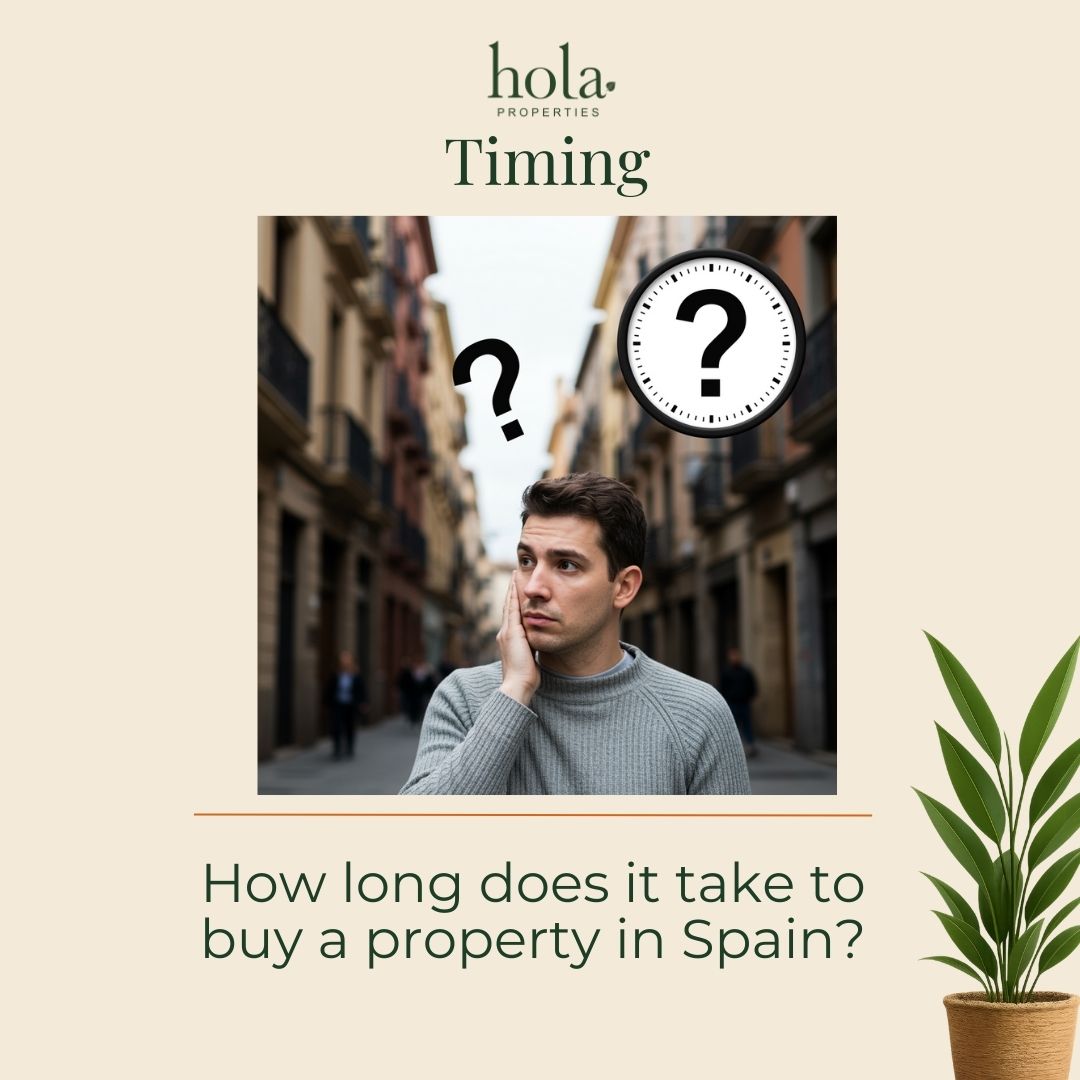Dangers of Buying Cheap Property in Spain: What to Consider
Spain is recognized and known for its scenic views, sunny weather, and rich cultural heritage that makes it a prime destination for property buyers. Some positive aspects are good relationships, great connections, and, when speaking of property buying, excellent offers. As a long-serving professional in the Spanish property market, I have seen numerous bargains attract buyer interest. However, they have later proved to be fraught with many pitfalls. In this blog post, you will learn all the dangers of buying a Spanish bargain and receive indispensable notes on making the right decisions.
Why Cheap Property Can Be Cheap Before going into the risks, it’s necessary to understand why some properties are offered at almost unbeatable prices. These could be driven by several factors, among them being:
Location: Properties located far away or in undesirable locations always cost less. Though most of these localities can offer you a peaceful and calm environment, they tend to lack basic amenities like healthcare, education, and public transport.
Condition of the Property: This means that cheap properties may need serious renovation or repair work. Structural, electrical, or plumbing issues can turn a bargain into a costly mistake.
Legal Issues: Some of the properties could be entangled in some legal issues such as unclear ownership, outstanding taxes, or disputes over land boundaries. Such tangles are usually very time-consuming and costly to unravel.
Market Conditions: Slumping local markets and prevailing economic downturns can also lead to lower property prices. While this may sound like a perfect time to have that first property, its value may not bappreciate as much as one might expect.
Hidden costs: In many cases, cheap properties come with hidden repair costs. Renovation and other fix-up costs can quickly run very high if the place has been poorly maintained. Proper budgeting should be done to include such possibilities.
Legal complications: Most of these cheap properties have some associated legal issues, such as unclear ownership or illegal construction, which might cause long-term legal issues and involve large sums of money. Properly check that the property’s title is clear and that the property conforms to local laws and regulations.
Maintenance and upkeep: An older or neglected property needs constant maintenance and upkeep, a process that may be both costly and time-consuming. Think about the long-term costs of maintaining the property, especially if you will not be staying there throughout the year.
Resale value: Properties in locations that are less attractive or that require serious efforts may have devalued resale prices. So, if you ever plan on selling the property, consider whether its location and status will appeal to buyers. Not just how much you might like it.
Insurance Matters: Insurance is sometimes complicated to obtain for a property that needs substantial reform or is located in a distant area due to the relatively high risk. Some insurers will refuse to insure the property – with such a scenario, you would be open to covering the financial distress from damage or natural disasters;
Key considerations before purchasing:
Carry out enough research Do a local market search to check on the pricing of the property. Make sure to use comparables of properties that have sold, NOT just those left on the market unsold. Understanding the economic situation of the local area is also very important.
Engage a qualified Architect: This ensures there is no issue with the property in terms of the structure and bare essentials. Ask them to prepare a report establishing the condition of the property and the potentaial costs of any repairs that may be required.
Legal Due Diligence Instruct a good legal advisor with specific local knowledge of Spanish real estate to perform a detailed legal investigation. The legal advisor could determine whether the ownership is registered correctly, that there are no debts or claims to be brought against it, and also that the property meets all legal requirements.
Set a Budget for Repairs: One should always budget for repair and renovation costs. Look out for local contractors and get written quotes so you may have a realistic estimate of the work to be done. Add these costs to your overall budget to avoid unforeseen developments while on the go.
Consider Long-Term Costs: Evaluate all long-term expenses, such as upkeep, utilities, and taxes, and ensure that these are covered over and above the purchase price.
Check the Location: Visit the location several times and at as many different times of the day and week to assess the surroundings. Locate the local services, the community around, and any proposed future building in the location and how it may impact the value of your property.
Conclusion While the prospect of buying a cheap property in Spain is very alluring, everything has to be done with extreme caution. Hidden costs, legal tangles, and long-term care can make a bargain turn into a money pit. Proper research, help from professionals, and due consideration of all costs can minimise these risks. Remember, if a property seems too good to be true, it normally is. Take the time to investigate and ensure your investment is sound. For more personalized advice or assistance in navigating through the Spanish property market, please feel free to contact us at Hola Properties. We look forward to speaking with you and helping you find your perfect property while ensuring a smooth and secure buying process.
For more informative articles like this Just Click Here
To see helpful videos about buying and selling safely in Spain, just click here




